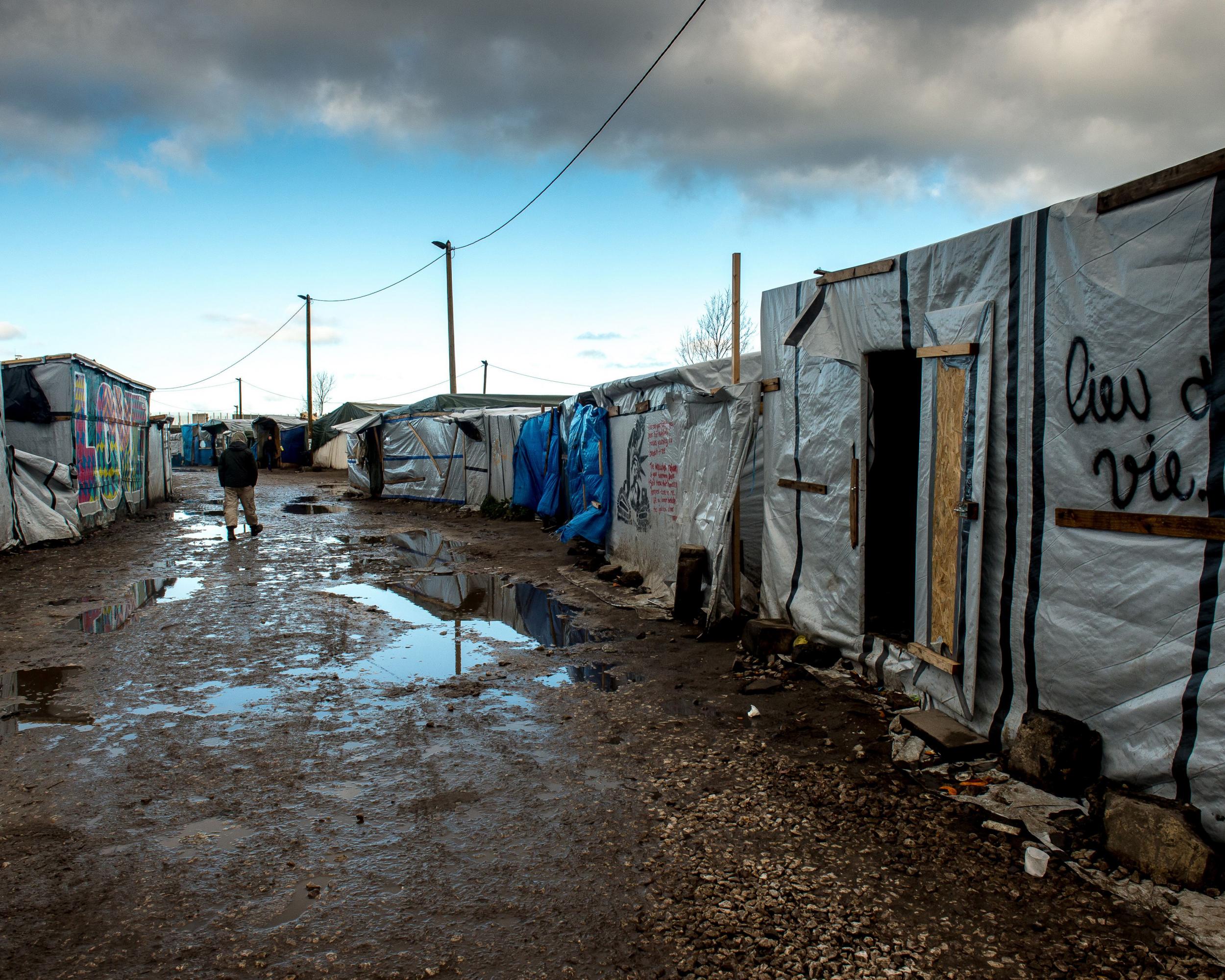Building a wall in Calais will only deepen the shame felt by Europe over the refugee crisis
The lesson, already, is that building such barriers only pushes the migrants back a few more miles to the point when the wall runs out. A wall with gaps in it, or which does not actually enclose an area is not much more than a modern day folly

Your support helps us to tell the story
From reproductive rights to climate change to Big Tech, The Independent is on the ground when the story is developing. Whether it's investigating the financials of Elon Musk's pro-Trump PAC or producing our latest documentary, 'The A Word', which shines a light on the American women fighting for reproductive rights, we know how important it is to parse out the facts from the messaging.
At such a critical moment in US history, we need reporters on the ground. Your donation allows us to keep sending journalists to speak to both sides of the story.
The Independent is trusted by Americans across the entire political spectrum. And unlike many other quality news outlets, we choose not to lock Americans out of our reporting and analysis with paywalls. We believe quality journalism should be available to everyone, paid for by those who can afford it.
Your support makes all the difference.The last people to build a gigantic wall in Europe that was designed to prevent people getting to freedom and a new life were the East Germans. It worked after a fashion, until the end of the Cold War, but it never convinced anyone that life was better on the other side of the Iron Curtain, and it never, until it came down, dealt with the fundamental underlying reasons why the desperate would risk being shot on sight to get past it.
It is not a happy precedent, then, for the great Wall of Calais that Britain is apparently planning to fund and erect around that beleaguered port. As has been well chronicled, no-one believes that the situation there is satisfactory, and our familiarity with the squalid conditions at the so-called Jungle, albeit usually at second hand, has perhaps desensitised us to the disgraceful unsanitary and uncivilised conditions that persist there. The 400 or so children who could legally now gain asylum in Britain are not only the ones that this country could take immediate action to help save; there are many thousands, and, as we know, many thousands more behind them we should assist.
It is fair to say that better fencing, and, yes, even a wall would help security and safety, especially for the lorry drivers who have to deal with ambushes and attacks every day. The hauliers on both sides of the channel are right to warn that more fatalities are inevitable in the lawless roads in the area. It may be another migrant crushed to death or a lorry driver involved in a fatal collision. But fences and walls only help so much. The lesson, already, is that building such barriers only pushes the migrants back a few more miles to the point when the wall runs out. A wall with gaps in it, or which does not actually enclose an area is not much more than a modern day folly. Even then it is not some sort of impregnable barrier form the pages of a Marvel comic, and it will not be beyond the wit of those who have managed to get from central Africa to northern France in one piece to find a way round, under, over or through it.
Dealing with millions of displaced people is not a matter of building walls. All the governments involved know that the root cause of the crisis is civil wars from South Sudan to Syria that have created this wave of pitiful refugees – though it is difficult to see how intervention by the western powers, Russia, the UN or anyone else can swiftly bring peace and harmony to these places. In reality, countries such as Jordan and Lebanon have to cope with a much larger influx of refugees from the Syrian conflict than any European state, so we also have a duty to send ever-increasing volumes of aid to them. In Europe itself, the EU and national governments have utterly failed to map out a way for member states to share the task of resettling those fleeing for the lives. They, and the more purely economic migrants for that matter, want nothing more than to work and to create a better future for themselves and their families. With notable exceptions such as Sweden and Germany, this has been one of Europe’s more shameful moments, although the scale of the movement of humanity across the continent is the largest since the end of the Second World War, so solutions were never going to be easy.
Despite their unfortunate history, the idea of building walls to solve problems seems to be in vogue, and too many are still standing. Most prominently we have the eccentric, to put things politely, plan of Donald Trump’s to spend billions of dollars to seal the US border with Mexico, while Israel’s concrete barrier around the West Bank seems only to have increased tension and insecurity. The ironically named “Peace Wall” in Belfast is an uncomfortable reminder of the Troubles, and, almost forgotten, Cyprus is still cut in two by its own wall four decades after its division. The Calais wall is on nothing like the same scale, of course, and it does possess some kind of rationale. But it remains, as do most such ugly divisions, more of a scar on the landscape than a symbol of healing.
Join our commenting forum
Join thought-provoking conversations, follow other Independent readers and see their replies
Comments